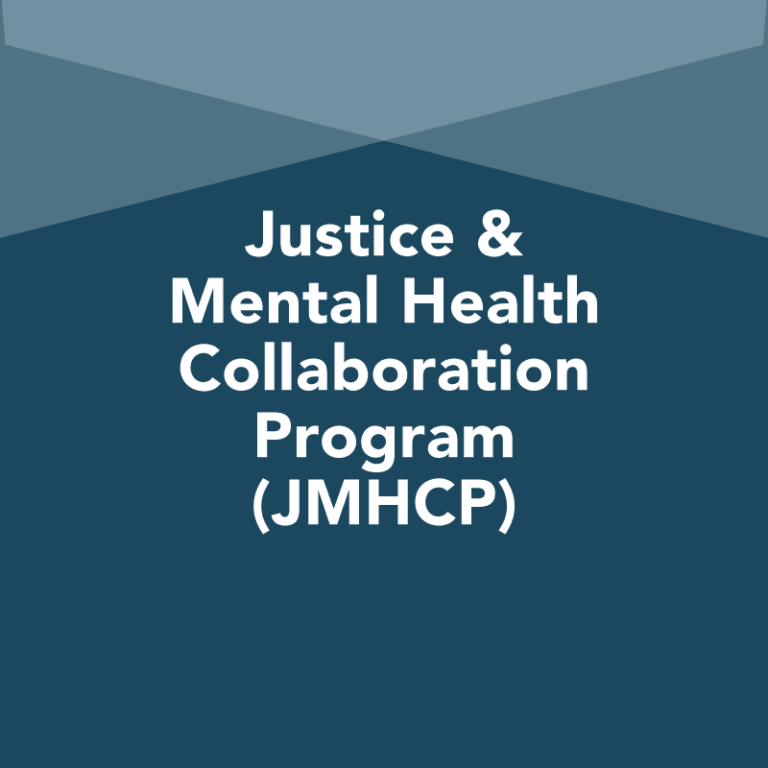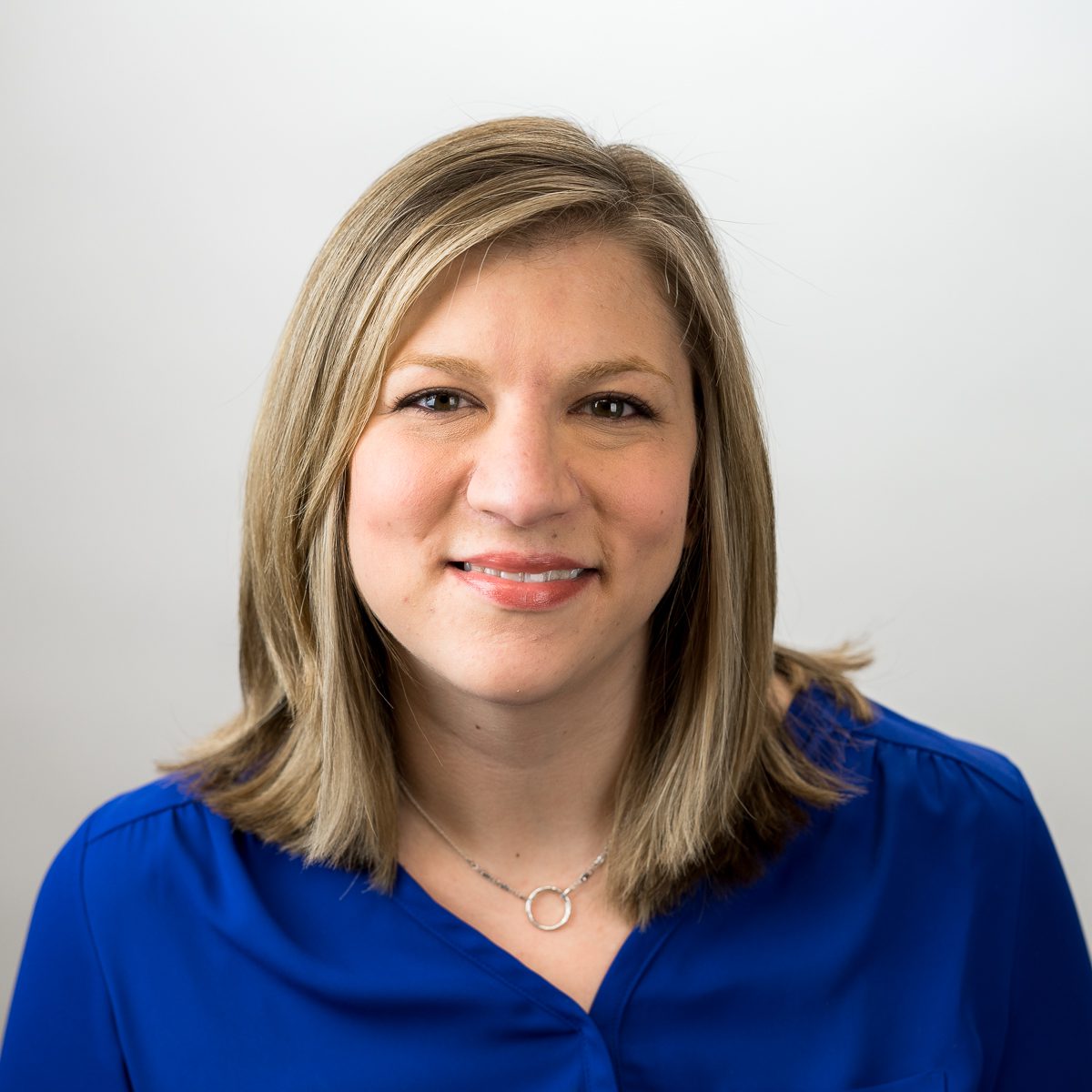In 2020, the Federal Communications Commission FCC and Congress established a universal phone number for behavioral health crises and suicide preventions to directly connect people to crisis responders—988. The three-digit number offers an opportunity for states and local communities to change the way they respond to people in behavioral health crises and redefine the role of law enforcement and 911. This brief highlights important facts about the new dedicated crisis line and offers tips to help communities prepare for its national launch in 2022. Photo credit: Priscilla Du Preez on Unsplash
Related Resources

Preparing Law Enforcement Agencies for Embedded Clinicians
Crisis Systems, Law Enforcement, Mental Health
Read more
Building Successful Partnerships with Peer-Run Organizations
Co-Occurring Substance Use, Mental Health
Read more
FY2023 Planning and Implementation Guide for JMHCP Connect and Protect
Co-Occurring Substance Use, Law Enforcement, Mental Health
Read moreAuthors

Deirdra Assey
Former Senior Policy Analyst, Behavioral Health
Deirdra Assey provided technical assistance to programs planning and implementing criminal justice and mental health collaborations; she also worked on projects under the CSG Justice Center’s courts portfolio. Prior to joining the organization, Deirdra worked for Hudson County’s Screening Center at Jersey City Medical Center, where she was a civil commitment evaluator. She also worked with the Hudson County Crisis Intervention Team and has trained with various local law enforcement agencies. Deirdra received her BA and MA in forensic psychology from John Jay College of Criminal Justice.

Shannon Scully
Senior Manager, Criminal Justice Policy
Shannon Scully is the senior manager of Criminal Justice Policy at the National Alliance on Mental Illness (NAMI), where she serves as a subject matter expert on criminal justice/mental health policy. In this role, she oversees NAMI’s work on criminal justice policy, researching, and analyzing administrative and legislative policies related to the justice system’s response to people with mental illness. She also provides technical assistance to NAMI affiliate organizations on best practices for implementing programs that support criminal justice reform. Before joining NAMI, Shannon worked at the Vera Institute of Justice, providing training and technical assistance to communities working to address domestic and sexual violence against people with disabilities. She holds a bachelor’s degree from the College of Saint Benedict at Saint John’s University and a Master of Public Policy from American University in Washington, D.C.

Hannah Wesolowski
Director, Field Advocacy
Hannah Wesolowski is the director of Field Advocacy at the National Alliance on Mental Illness (NAMI), where she directs NAMI’s advocacy strategy, working with NAMI state organizations and affiliates to identify and cultivate advocacy leaders and provide resources to help advocates promote NAMI’s policy priorities. Hannah works to equip NAMI advocates across the country with the tools and confidence they need to share their story and use the voice of lived experience to impact policy decisions at the local, state and federal level. She oversees a team of professionals who provide detailed technical assistance on policy topics to NAMI state and local leaders, activate advocates on urgent issues and manage large-scale advocacy campaigns. Hannah has a B.A. from New York University, where she also attained a Master of Public Administration from NYU’s Robert F. Wagner Graduate School of Public Service.